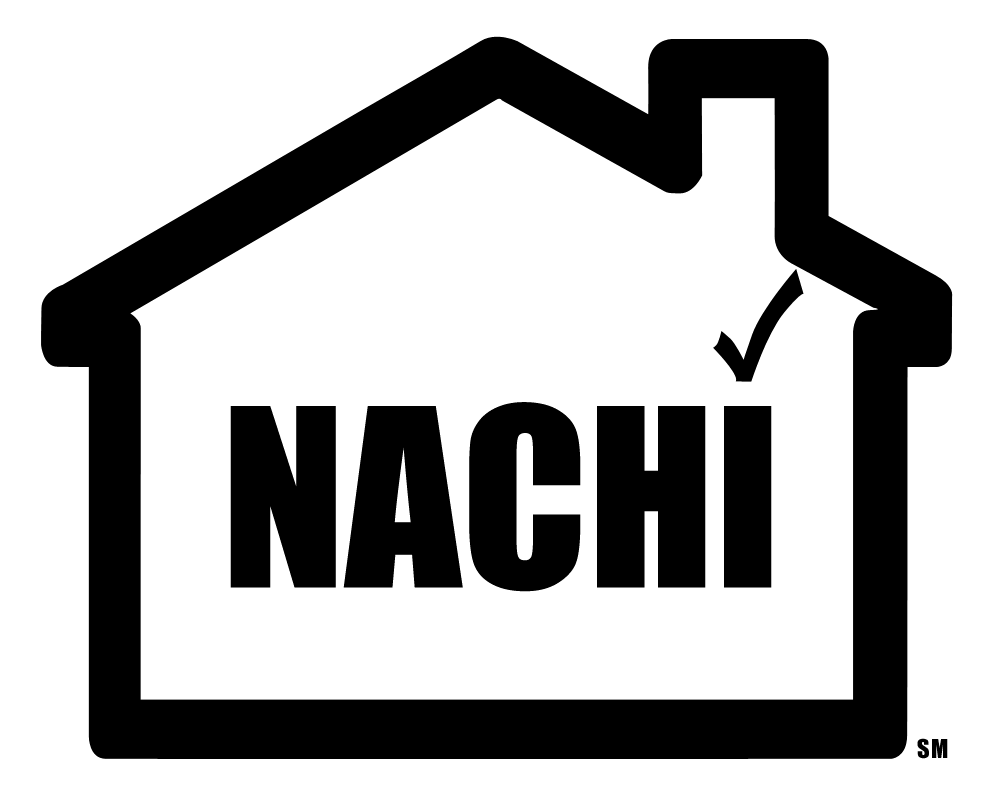How to Prepare for an Inspection
No home is perfect. Anything from major damage to minor maintenance issues are often found. Even new homes are not immune – they could have problems with the plumbing, electrical system, heating and cooling system, or the roofing system just to name a few.
For homeowners, it’s important to be aware of any issues your home may have prior to putting it on the market. Getting a pre-listing home inspection will ensure that you’re aware of any problems and can take care of them on your terms – or present them as-is and adjust your selling price proportionally. The alternative leaves you open to costly surprises and delays, and even potential deal-breakers once you’ve entered negotiations with the buyer.
For the Buyer
An inspection is vital to uncovering issues a home may have but are invisible to the untrained eye. Even if the inspection finds more problems than you’re comfortable with and you move on to a different home to start the process all over again, it’s money well spent. An inspection will give you the opportunity to negotiate repairs or discuss options with your agent.
Before the inspector arrives, there are a few things you should know. There are no federal regulations governing inspectors. The laws are going to differ state by state. Therefore it’s important to interview your inspector or inspection company prior to hiring them. Since each state is going to have their own standards of certification for inspectors – and some don’t even have any – credibility is a big issue in choosing the right inspector.
Ask what certifications your inspector holds and what associations he or she belongs to. Most associations such as the American Society of Home Inspectors (ASHI), National Association of Certified Home Inspectors (NACHI), and National Association of Home Inspectors, Inc. (NAHI) have membership requirements that include minimum levels of experience and training as well as codes of ethics. There are also several state-level associations that your inspector may be a member of.
For the Homeowner
-
Accessibility: Make sure that all areas of the home are accessible, especially to the attic and crawl space. It’s also a good idea to trim any trees and shrubs that may make an inspection of the exterior of the property difficult.
-
Housekeeping: The inspector may photograph your home for the inspection report, so clearing the clutter and moving vehicles from the front of the home will help the inspection go smoother.
-
Maintenance: Repair minor things like leaky faucets, missing door handles and trim.
-
If the home is vacant, make sure all utilities (water, electricity, fuel for furnace, etc.) are on/available.
-
If there are pets in the home secure them prior to the inspection, without compromising a room or location that needs to be inspected. Home inspectors are not responsible for loose pets.
